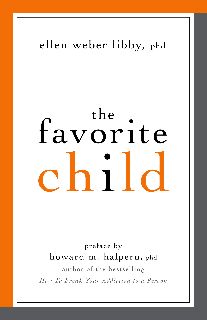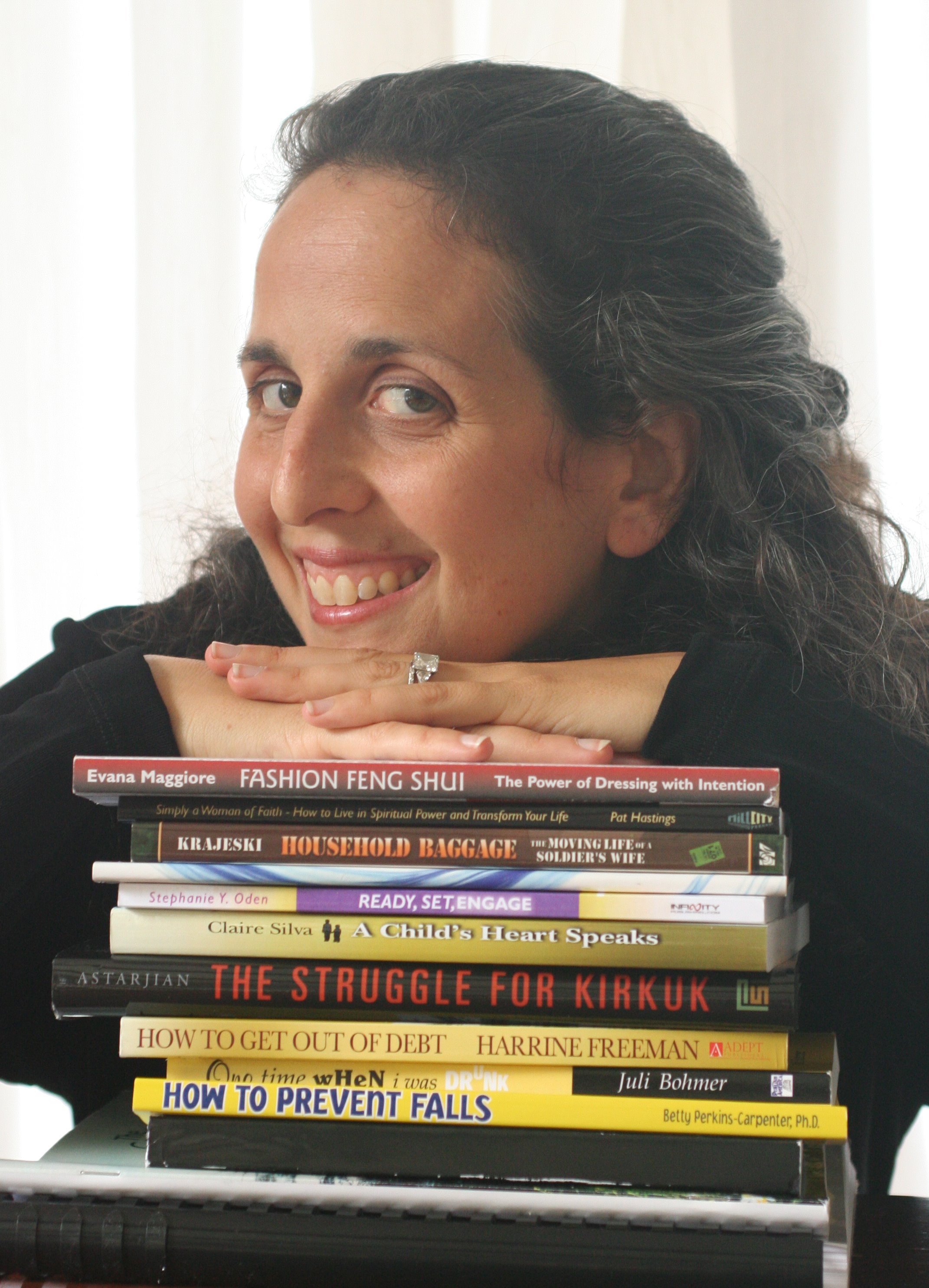
Choosing a literary agent is an important decision for any author who plans to traditionally publish, yet many authors find this challenging. The three basic phases to choosing a literary agent are:
Phase 1: Identify appropriate agents.
Phase 2: Query these agents (only when you have your book proposal completely polished and ready to go, though).
Phase 3: Choose a literary agent who is the optimal match for you and your book.
In this post, we focus on the third phase—assuming you have offers and are trying to decide who is your optimal literary agent to work with. For phase 1, you can read my post that offers 5 ways to identify the right literary agent.
You can find suggestions for phase 2 in this post about how to pitch literary agents at a writing conference. In addition, here is Maria Palmer’s take on how to pitch a literary agent at a conference. You can also e-mail agents with a brief pitch, the equivalent of one page. You can find an agent’s guidelines on their website, where you can also discover if they are accepting proposals and pitches (if not, perhaps you can attend a conference where they will be on a panel or meeting with writers. When I work with a client, I will often identify agents I know who might be a good fit and query them for the client.
When choosing a literary agent, ask yourself these questions:
1. Is this agent likely to be a good fit for future books I plan or hope to write? How important is it to me to stay with the same agent? Generally, it is a good idea to choose an agent who will support your long-term career. They can help guide you and they will be more invested in your career.
2. Is this agent’s working style compatible with mine? Most agents are very busy and communicate less frequently than authors would like. Still, there is a good deal of variation in how often an agent will communicate. Be sure you have asked the agent about their communication style and preferred method of communication (e-mail or phone). How quickly will they get back to you with answers to questions? When during the book pitching process can you expect to hear from them?
3. Am I comfortable with the contract? You may want to have an attorney look at the agent’s contract and suggest changes. Is the agent comfortable with the changes the attorney suggests? If the relationship is not working out, how soon can you get out of the contract? A typical window is two years, sometimes one. If the agent doesn’t sell your book in one or two years, you may want to terminate the contract.
4. What is the agent’s track record? How many books have they sold in the past two years? Which publishers have signed their clients? How big are the book deals? You can usually get some sense of these first two questions on the literary agent’s website. You can find specific book deals and the size at Publisher’s Marketplace.

5. Does the agent share my vision for the book? If they require revisions, are you in agreement? Does the agent plan to pitch the book to publishers who are a good match for you. For example, do they want the book to be high concept, whereas you envision something more prescriptive? Or are they suggesting a publisher that’s a bit more general interest than the more academically inclined publishers you had in mind?
6. How much revision does the agent want and how much direction will he or she give me? Often, an agent wants an author to revise the book concept and the book proposal. Sometimes the changes are modest: add another chapter at the end to tie things together, add a couple more book comparisons to the proposal (they may even suggest the particular books), add more platform information up front in the proposal. Other times the changes can go deeper, such as making a book more high concept and less prescriptive. Some agents will make the changes themselves. Others will go through the proposal in track changes mode adding comments for the author to address. Others provide only vague direction and I have occasionally witnessed an author going around in circles trying to figure out what the agent wants, with the agent having trouble offering concrete examples.
7. Will the agent be assigning a junior agent to my book and, if so, what is the senior agent’s role and the junior agent’s role? I had a client who signed with a high profile literary agent who turned the project over to an associate who did not have the same enthusiasm for the book. In addition, the senior agent wanted significant changes to the book concept but the junior agent was unable to provide the author with concrete feedback on direction. As a result, the proposal floundered, leaving the author frustrated and without a book offer from a publisher, despite a proposal that was originally strong enough to attract that very high profile agent in the first place.
8. Will the agent charge me to make changes to my book proposal? The answer to this question should always be “no.” Agents get paid when they receive your advance and your royalties. They should not charge up front fees. You can find out which agents tend to do things by the book and which have shady practices at the website Preditors and Editors.
Choosing a literary agent is an important process. In addition to the above, listen to your intuition. If something feels off, don’t discount it. Perhaps even explore your concerns in your journal. Or discuss it with your writing coach or a mentor.
One more related post you may find of interest is this: How is a book deal structured?
Also, you may want to read this: Working with a Literary Agent
Please, send me your questions about choosing a literary agent, traditional publishing or anything else that’s stumping you. It’s my joy to answer your questions here on this blog. Just scroll down to “leave a comment.”





